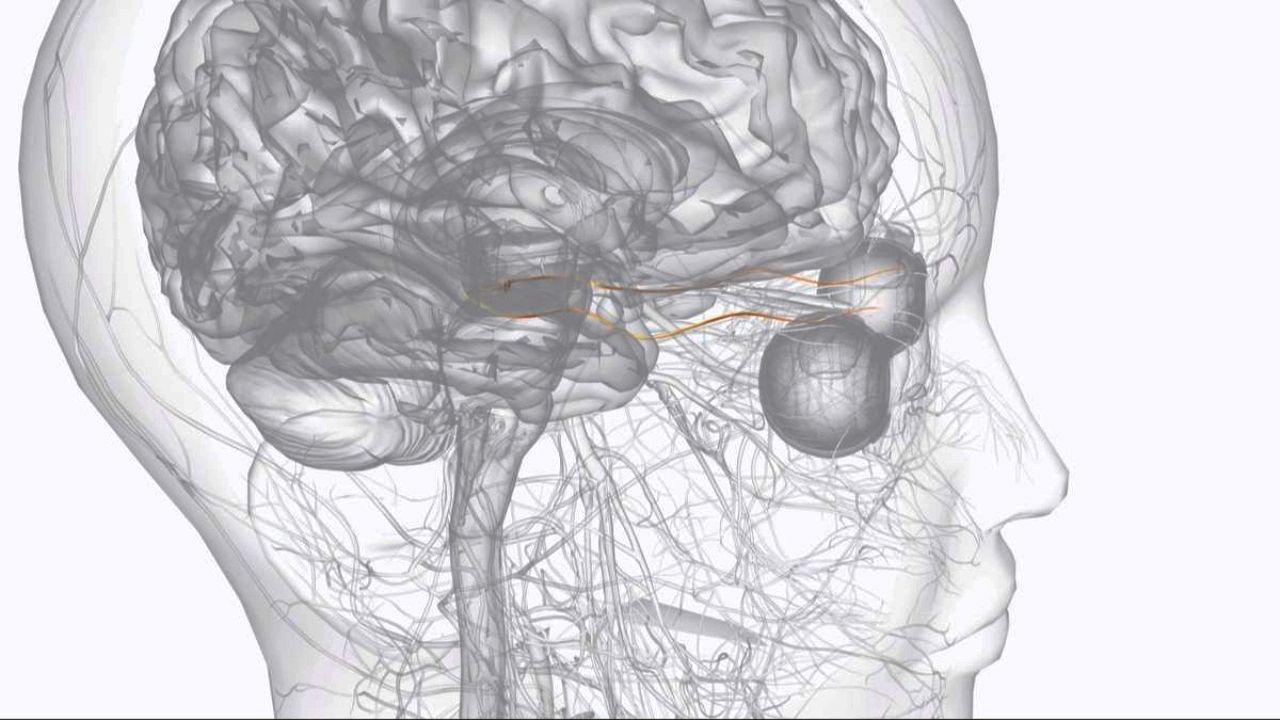They Can Read, But Their Eyes Can’t Keep Up
Aug 07, 2025
A few weeks ago, during our weekly live Q&A Zoom session for parents, Q&A with Mr. Sims, we were talking about something that makes my blood boil.
Our kids are smart. They can read individual words. They know what those words mean. But because of ocular motor issues—usually, the inability of both eyes to track together from left to right—they cannot smoothly read a full line in a book.
Imagine you could recognize words instantly, but your eyes jumped around the page in unpredictable ways. You’d lose your place, skip words or read the same line twice. I know some of you are chuckling because this does, indeed, happen to you. If so, imagine your student experiencing it 10 times worse. It would make reading exhausting — not because you couldn’t understand the text, but because your body couldn’t access it.
It gets worse: that motor disability has traditionally been overlooked or dismissed by researchers, health care providers and educators. When our students show an inability to read, they’re often diagnosed with an intellectual disability. Students are held back academically because they're unable to perform this motor skill.
That’s wrong.
For students who are visually impaired, we already make an accommodation: audiobooks. Why don’t we offer the same for nonspeaking students whose ocular motor function, not minds, are the barrier?
When discussing audiobooks with families and educators, I often hear the same caution:
“But if we do that, how will they learn to read?”
We need to separate the ability to decode phonics, understand comprehension and demonstrate fluency from the physical ability to "read." Audiobooks are not a shortcut, they are a bridge that allows students to access academic content along with their peers. Forcing a student to struggle endlessly through text they can’t physically track is not teaching them to read. It’s teaching them that reading is exhausting, frustrating and not worth it.
At Nonverbal Autism Homeschool, we accommodate motor disabilities as a matter of course. Whether it’s ocular motor challenges, fine motor issues or the inability to sit at a desk, we adapt the way content is delivered so students can demonstrate their true mastery.
Click on the Enroll Now button at the top of the page to view the curriculum packages available.
Nonverbal Autism Homeschool enrollment is currently open!
Stay connected with news and updates!
Join our mailing list to stay updated on Nonverbal Autism Homeschool courses, special events and new blog posts. You'll also receive free curriculum, inspirational messages, autism parenting hacks and more!
We hate SPAM. We will never sell your information, for any reason.


